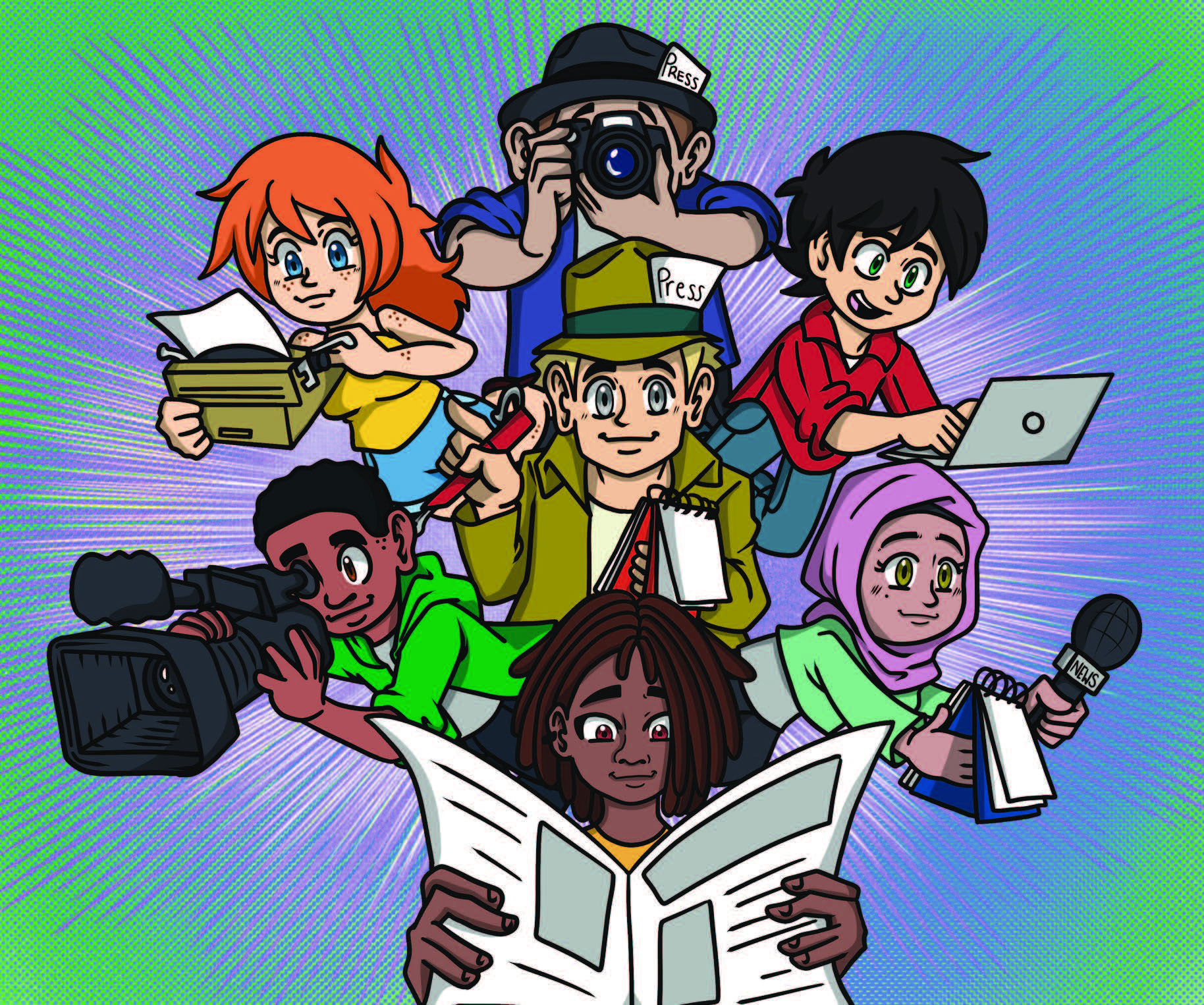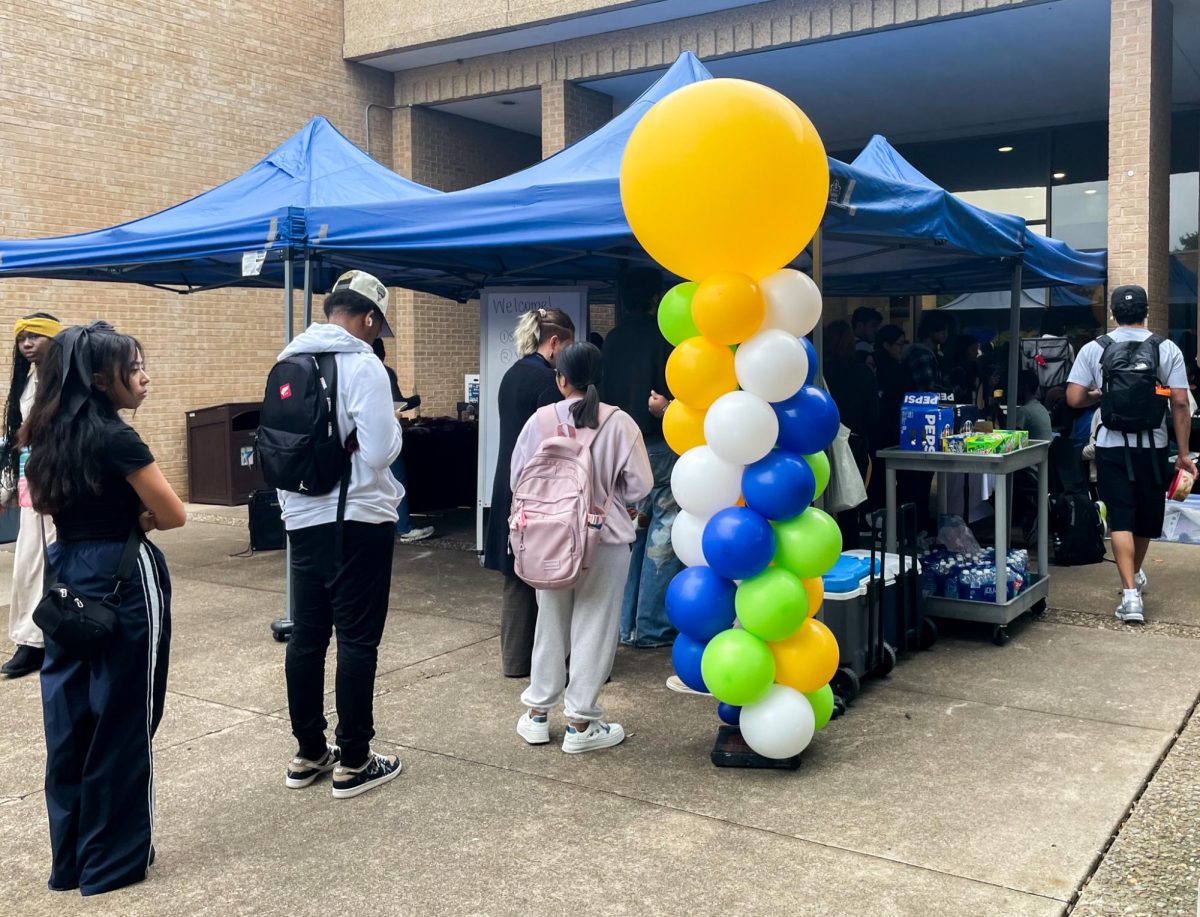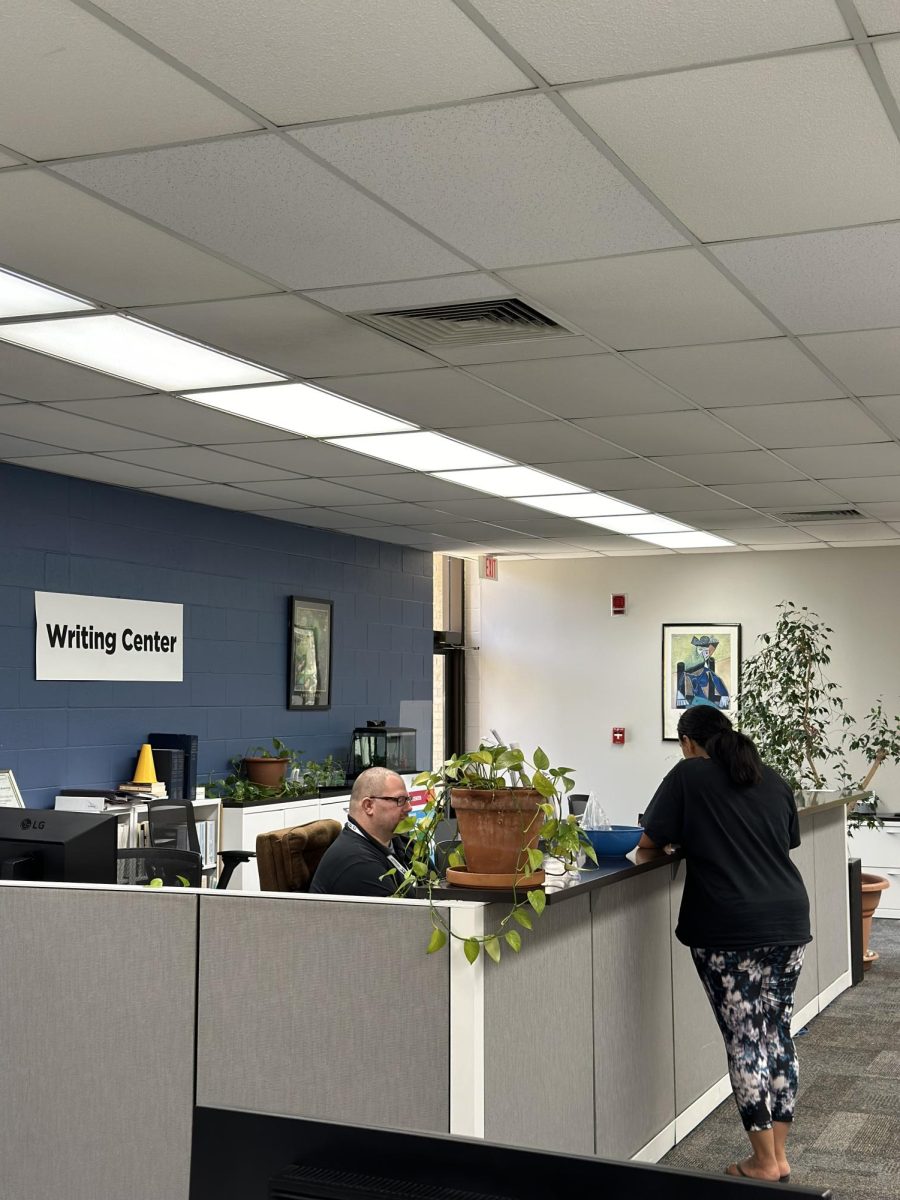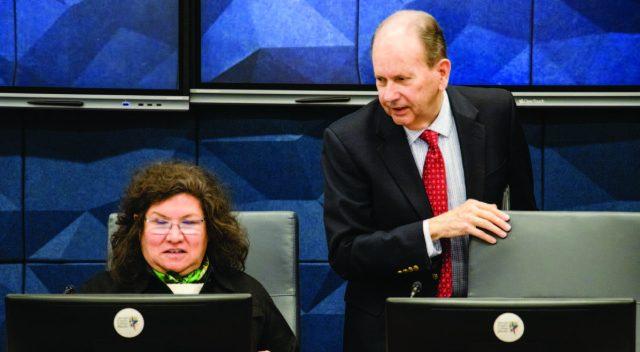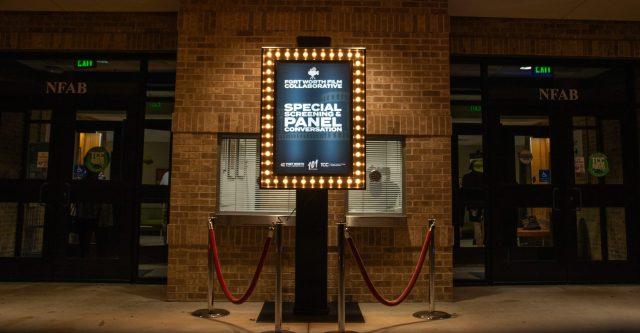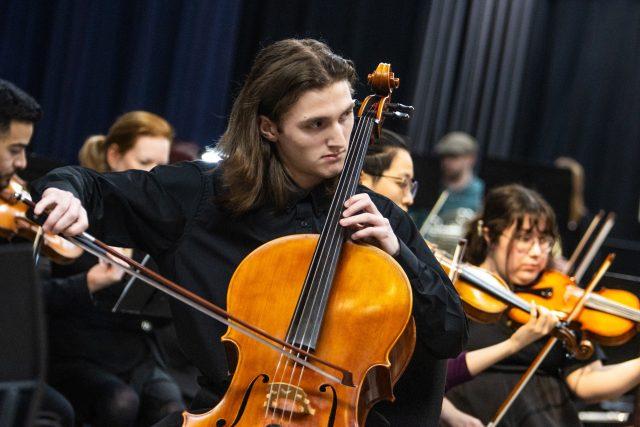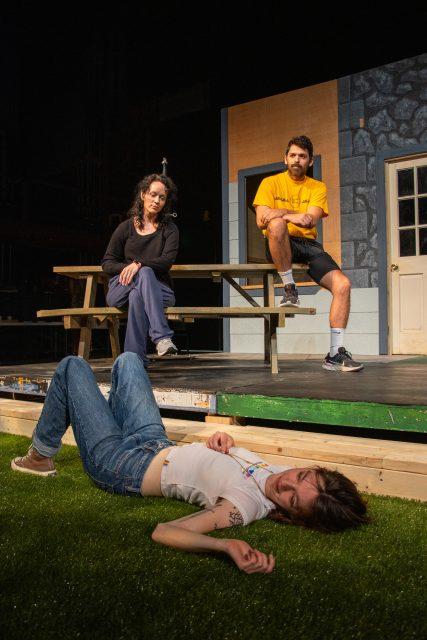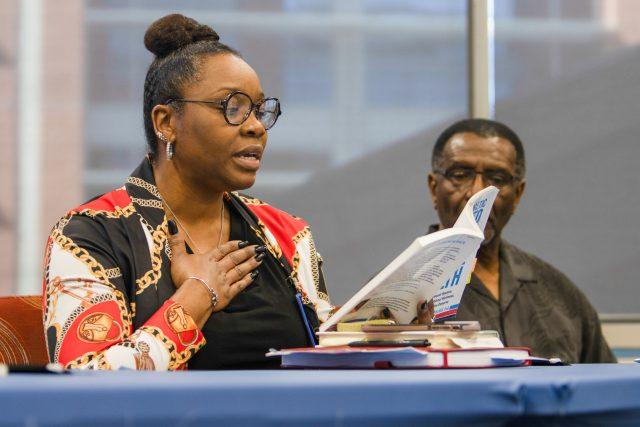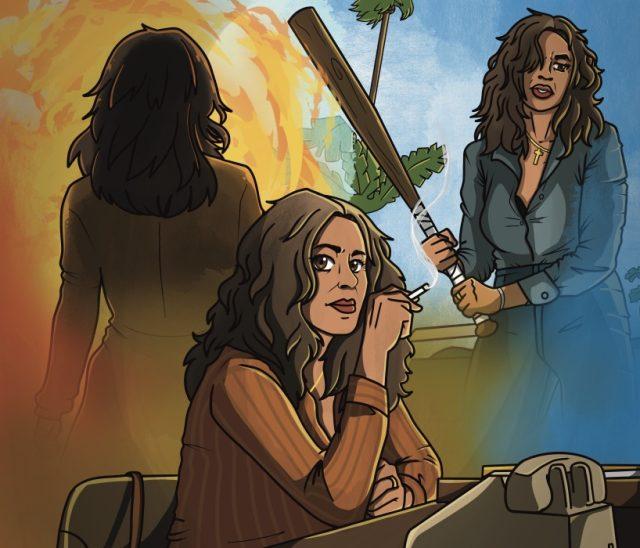Being in student press means seeing the different schools you have met through conventions and follow on social media celebrate Student Press Freedom Day, Feb. 22. For the rest of the year, we sit hunched over our computers with faces illuminated by blue light, but for that day we get to be First Amendment toting patriots.
Well, to say we were ALL celebrating the day is an overstatement. Many of us don’t get the time to post on social media between editing, photography, interning, interviewing, designing and everything else under the student press umbrella. We are busy people. This business has adapted into the digital age which has caused all of us to readjust to how we as journalists send our message.
The interesting part about journalism is the fact that you see it on a small scale everywhere. It may not be the most refined, professional Associated Press Style type of reporting – the guide we use to write – but it’s still done with the same intentions. To spread information. Gossip, in its messy nature, is still the act of sharing and spreading such things. Those TikTok investigators who can figure out where a celebrity’s current location is based on a blurry image of a street sign and the trajectory of the sun can also be a form of journalism if they are taking the time to report back on it. That said, do not spread harmful gossip and dox people in the name of journalism. Work within reason, folks.
The conversation we have in our newsroom about being in student media almost always pertains to what we can do for our community. Just like the other student newsrooms in the country, we are all walking the beat of our schools and want to represent what it means to be a student at this institution.
Student press freedom, in its ever-giving nature, allows us the same kind of freedoms as regular press to explore and exercise our right as American citizens to spread information. This work allows us to give a voice.
This is also a privilege. There is a very valid, legal and moral reason doxing people and spreading gossip is wrong – It cannot be said enough. Do not do those things. It cannot be stressed enough that a student newsroom’s responsibility is to use the platform we made to honor ethics and work responsibly.
It’s up to the student newsroom to decide how we are to spread information, as well. Like previously stated, we are adjusting to a new journalism landscape. It’s a time of growing, and with Vice recently going under and legacy media publications experiencing large staff cuts, it has started to shake the foundation. It all starts in the student newsroom.
If there is anything that has set fire beneath student press, it’s the shift into new age journalism. While traditional journalism focused on the written story and photo, that is not how people are receiving their news anymore. It is an ever-growing discussion in the newsroom. We are increasingly seeing the recognition of more visual, digestible news and we have been forced to adapt.
This adjustment has been seen with the recent news of Vice Media creating staff cutbacks and a shutdown of Vice.com. Legacy media, as well, like The New York Times and Washington Post are experiencing the same kind of layoffs and there’s whispers in newsrooms of journalism’s growing pains.
What does a student reporter do in the newsroom during this time? We must adapt. We are given the freedom to report, we have to lean into it if we are going to stay afloat.
While these changes take place, it’s important that student media, like The Collegian, is reminded of our responsibility to the audience. We can learn to embrace change and honor the right given to do this work.
